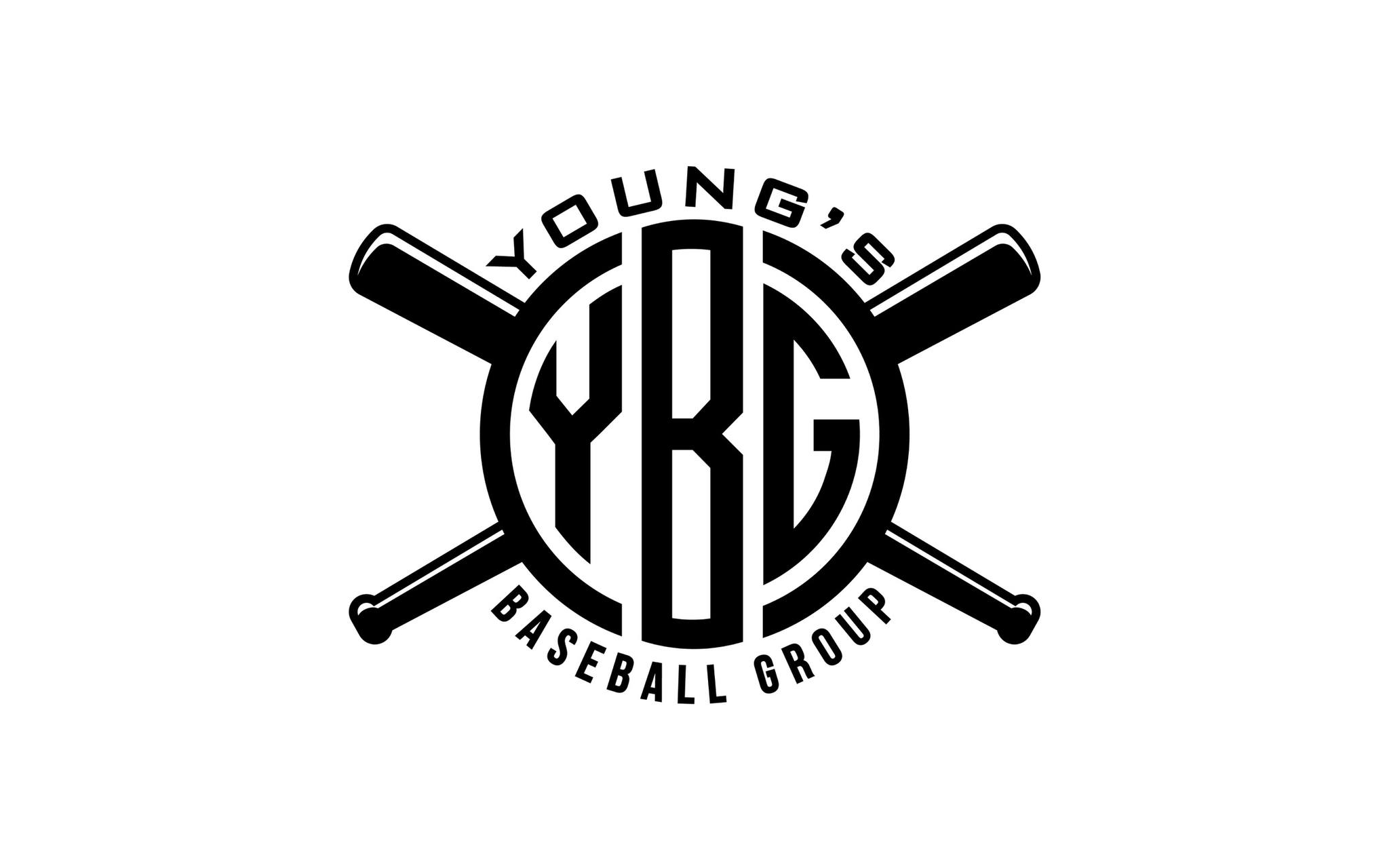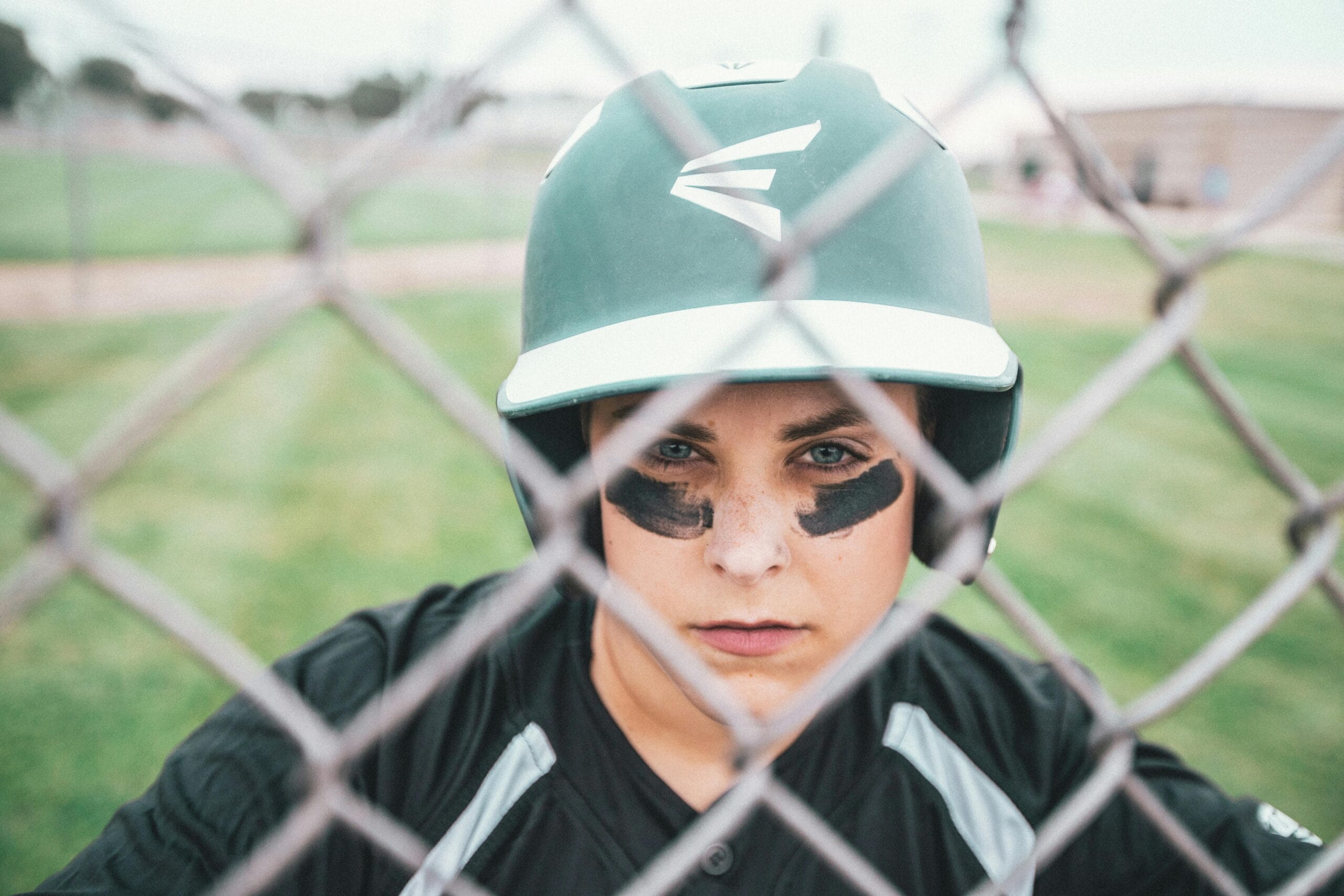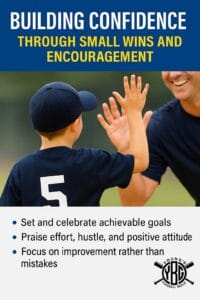We don’t often talk about it, but it’s time we did.
Baseball is a beautiful game — full of life lessons, character development, and unforgettable moments. But behind the home runs and highlights, there are also struggles, silent battles, and emotional bruises that don’t always heal with time. One of those silent battles is Post-Traumatic Stress Disorder, or PTSD, and yes — it’s real in youth baseball. It’s affecting our kids. It’s affecting our parents. And it’s time we start paying attention.
💭 What is PTSD, Really?
PTSD is often associated with soldiers or people who’ve been through life-threatening trauma — but that’s just one version of it. PTSD can also stem from chronic emotional stress, high-pressure environments, or repeated traumatic experiences — especially in young, developing minds.
In the world of baseball, PTSD might not look like what you expect. It might show up in a kid who:
- Suddenly fears stepping up to the plate after repeated public strikeouts
- Breaks down after a coach’s criticism or outburst
- Can’t sleep the night before a game because they’re afraid to fail
- Withdraws from teammates, loses love for the game, or lashes out at home
And for parents, it might mean reliving the stress of watching your child suffer — over and over again — whether it’s from injuries, harsh coaching, team politics, or the fear of not being “good enough.”
🚨 Common Triggers in Youth Baseball
Let’s be honest. This game can be brutal — both physically and emotionally and mentally. The following are real triggers that can create trauma in youth players and their families:
- Toxic Coaching Environments – Yelling, public embarrassment, and unrealistic demands can create long-lasting damage to a child’s self-esteem.
- High Pressure from Parents – When kids feel like their self-worth is tied to performance, the field stops being fun and becomes a battlefield.
- Injuries and Recovery Stress – Repeated injuries or fear of re-injury can create anxiety, depression, and identity issues for young athletes.
- Being Cut or Benched – Rejection and feelings of not being “wanted” can create scars that stick.
- Social Isolation or Bullying Within Teams – Baseball should be about brotherhood (or sisterhood), but team dynamics can sometimes become toxic.
🧠 My Wake-Up Call as a Father and Coach
Let me be real with you.
There was a moment in my own journey with my son — a moment I’ll never forget — when I realized the relationship I thought I was building with him through the game was starting to break. I believed I was giving him “creative criticism” — helping him push through, and coaching him hard because I wanted the best for him. But I didn’t realize I was also applying pressure that he didn’t know how to carry.
Then came the home run.
He crushed a ball — his first home run — and as he rounded third base where I was coaching, I stood there smiling, proud, ready to celebrate. But as he got closer, he looked right at me and said:
“In your face, Dad.”
It hit me like a brick.
What was supposed to be a joyful moment became a wake-up call.
I realized at that moment… I had created resentment.
And in truth — I had created trauma, not just for him, but for myself.
I was living with a form of PTSD as a baseball parent — feeling the weight of his performance, of my expectations, of every moment I thought I was “helping” but was actually hurting.
That was the day I truly began to understand the emotional side of this game — and how fragile the connection between player and parent can become when love gets tangled with pressure.
👀 What PTSD Looks Like in Real Life
This is happening to more kids than we realize. The ones who flinch under coaching, break down after games, or stop wanting to play altogether. And it’s happening to parents — who carry guilt, anxiety, and emotional burnout from trying to walk the fine line between support and expectation.
These aren’t just stories. These are wounds. Invisible ones.
❤️ What Can We Do About It?
As Coaches, Parents, and Mentors — we have the power to change the culture. We can be a safe space instead of a source of pressure. Here’s how we start:
- Listen to your child’s heart, not just their stats.
- Pay attention to changes in behavior. If they seem more anxious, withdrawn, or disinterested — lean in with love, not judgment.
- Check your coaching style. Is it uplifting? Does it build, or does it break?
- Create a support system. Encourage open dialogue, and mental health awareness, and normalize talking about feelings.
- Know when to seek help. Therapy and counseling aren’t signs of weakness. They’re tools for healing and strength.
⚾ Baseball Should Be Healing, Not Hurting
PTSD isn’t something we can afford to ignore anymore. The emotional health of our kids — and ourselves — is too important. The game we love should be a place of growth, of overcoming, of passion and connection.
Let’s be the generation that changes the story. Let’s raise stronger athletes and stronger humans.
Because baseball is more than just a game. For some, it’s a battlefield of the mind — but it doesn’t have to be.
You are not alone.
If this message hits close to home, reach out. Let’s talk. Let’s build a healthier path for your child’s baseball journey — one swing, one conversation, one healing moment at a time.
– Coach Mike Young | Young’s Baseball Group




